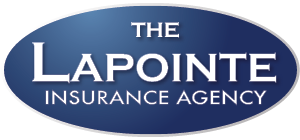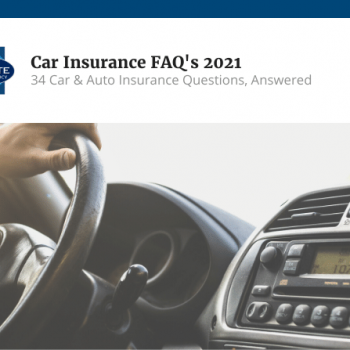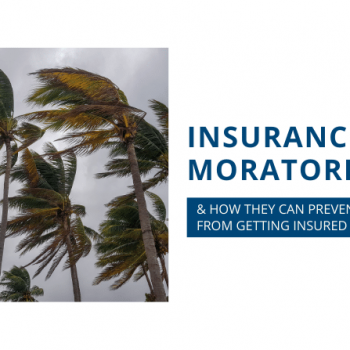What is Gap Coverage?
- Posted by Daniel Simcock
- On September 1, 2021
In this article, we’ll discuss gap coverage: what it is and who it’s designed for.
Key Takeaways
- If you experience a total loss on your auto, your insurance provider is not required to pay off the balance you owe to a lender.
- Gap coverage can protect you if you are in an accident and the insurance company does not give you enough to pay off your car loan.
- Gap coverage may benefit individuals with negative equity in their vehicle, higher annual percentage rates (APR’s), and are financing most of or the entire value of their vehicle.
You’ve probably heard this before: once you drive a new car off the lot, it is immediately worth less. But what happens if you get into an accident in your new car? Are you expected to pay off that vehicle, or will your insurance step in?
It may surprise you, but your insurance company is not required to pay off the balance you owe to a lender. Insurance carriers will only pay out the actual cash value of your vehicle, the depreciated value which is determined by several different book values.
However, if you have gap insurance on your car you are protected.
What is Gap Insurance?
Gap insurance, or Guaranteed Asset Protection, is a coverage offered to individuals who finance their vehicles. In the event of a car accident, Gap insurance protects you if your cash value insurance payout is not enough to pay off your car loan.
How does Gap Insurance Protect You?
Say you fully finance a new vehicle with a $25,000 loan. A year later, you get into an accident and your insurance company now appraises your vehicle for $20,000. With a $20,000 insurance payout, you’re still responsible to pay off with the $5,000 remainder.
If you have gap coverage, your insurance will also cover you for that remaining balance.
Who Should Consider Gap Insurance?
Gap insurance may be beneficial if you meet one or many of the following conditions:
- Negative Equity in your Car: If you owe more on your car than it’s worth and your loan to value ratio is high, you may want to consider getting gap coverage.
- Paying higher Annual Percentage Rates (APR’s): If you pay higher APR’s, this means that more and more money each month goes to the finance charges and less is going to the principal balance.
- Putting Little Money Down: If you’re placing little money down, then you’re at an increased need for gap insurance, especially if you’re financing the entire value of the vehicle.
- Having a Long or Extended Contract Term: If you have long or extended term for your finance contract, this means that less and less money each month goes to decreasing the principle balance of the vehicle.
We hope we’ve helped you better understand gap coverage. And now we’d like to turn it over to you. Did you learn something new from this article? Or do have a question about your insurance policy? Leave a comment below or contact us at info@lapointeins.com.


